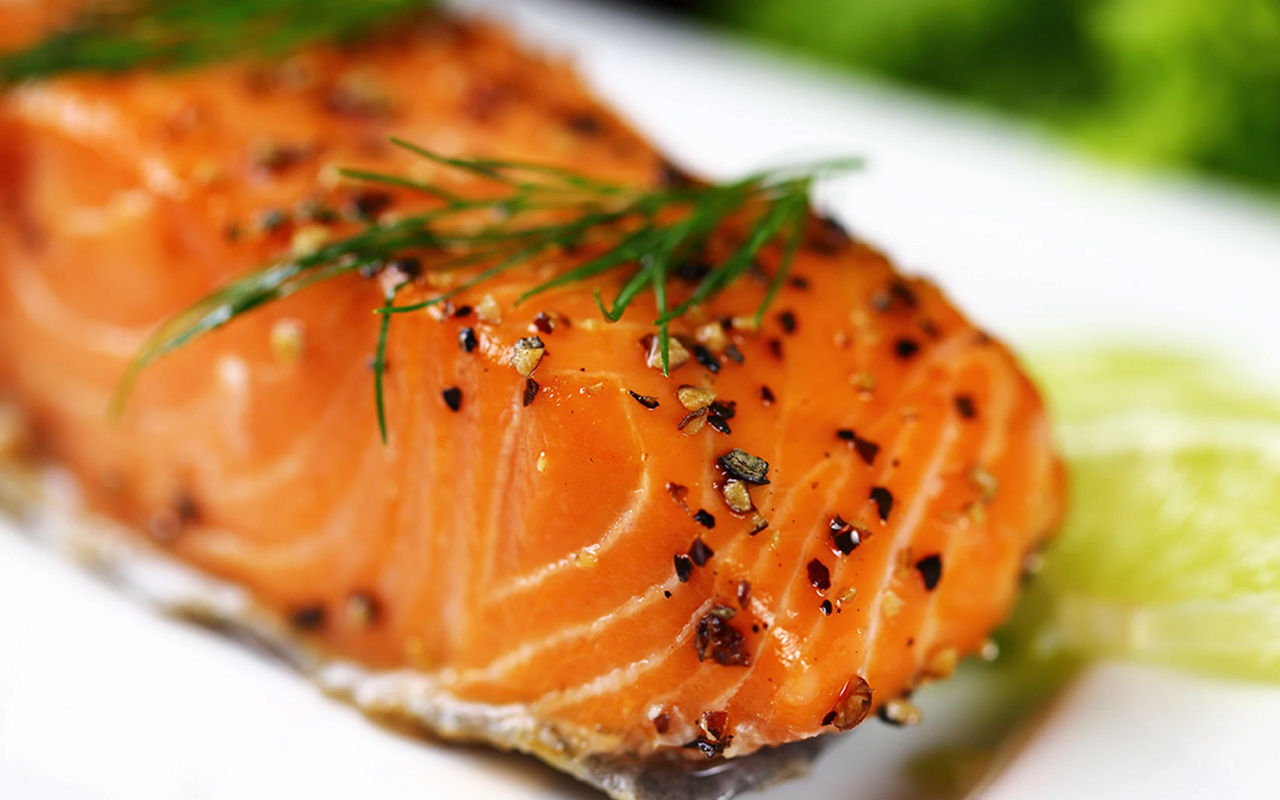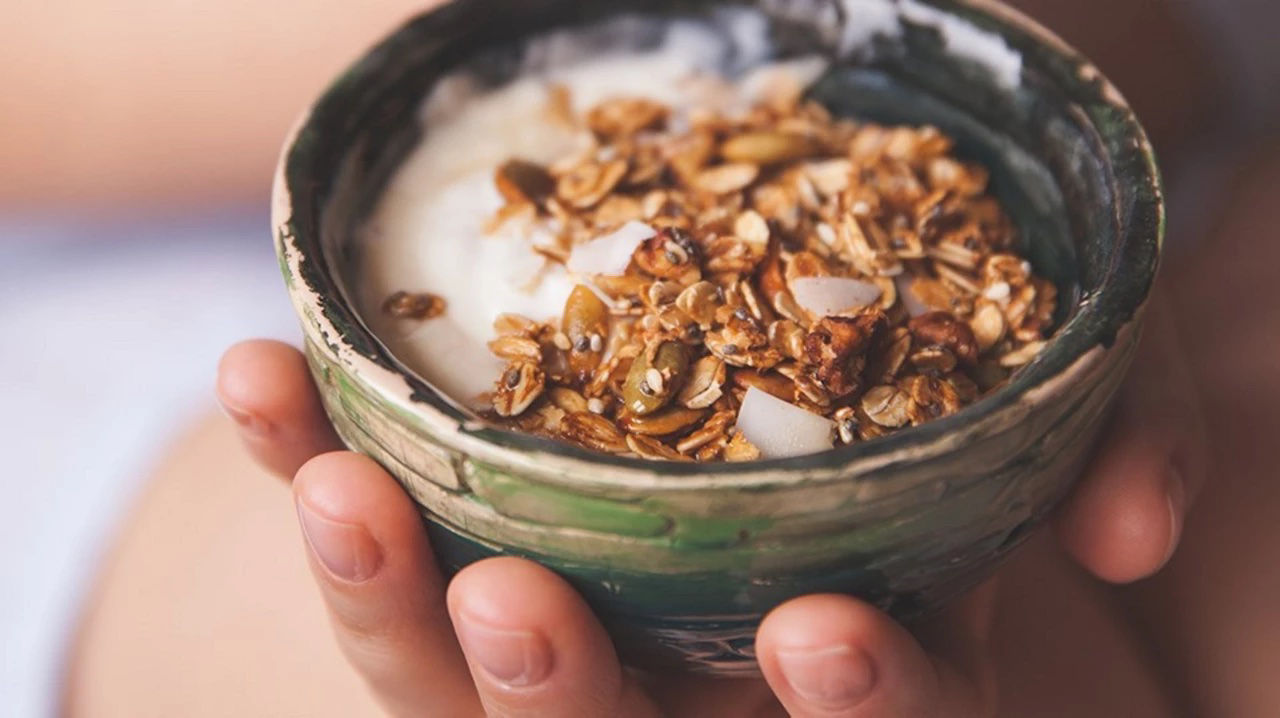Omega 6 has also been shown to have a beneficial effect on heart health due to its ability to reduce the level of cholesterol in the blood. An adequate intake during pregnancy helps to build up your baby’s stores, ready for life after birth.
In a healthy ratio, the two LCPs have been linked to reducing childhood asthma. However, recent research shows that although, beneficial, high levels of Omega 6 can affect the body’s ability to use Omega 3. Vegetable oils and animal products are a key source of Omega 6, and because they are used in so many foods, we commonly consume more than we realise.
Because of this, the benefits of Omega 6 have been thrown into question, with nutritionists continuing to study and debate the right quantity needed of this nutrient.











